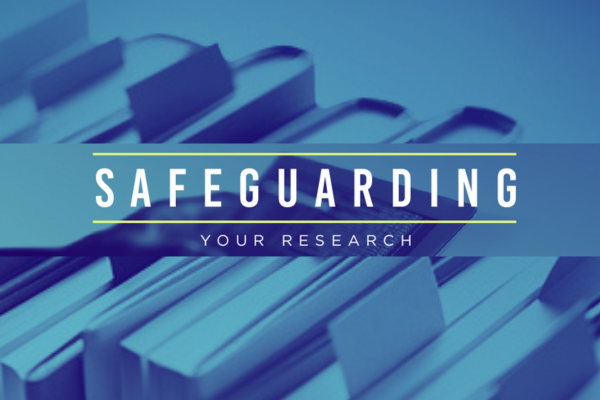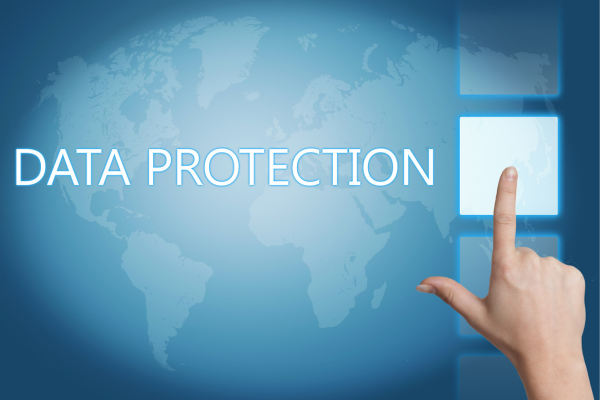How Do I Safeguard My Data?

Safeguarding Your Data
Securing research data is a shared responsibility between researchers, the institution, and organizations involved in research.
University Principles and Procedures for Research Security
The University of Toronto has developed a set of principles for faculty members and for Divisions to consider when pursuing international partnerships. It is expected that faculty members will review these principles before engaging in an international partnership in order to develop productive and safe partnerships with confidence.
Faculty members engaged in international partnerships are now asked to complete the Research Partnership Security Information Document for International Partnerships in order to align with the heightened focus on research security by the Canadian government.
These confidentiality principles are consistent with Toronto Academic Health Science Network (TAHSN) policy principles for personal health information security in research. These principles should be followed along with applicable requirements of all involved institutions, conditions in research agreements and other legal, policy and practice requirements.
The University’s Data Classification assists with identifying data sensitivity and the inherent risk if a data breach were to occur. The University’s Information Security Standard consists of a set of baseline control statements. Each control is mapped to the data classification and protection standard.
Resources to Safeguard Your Research
This website maintained by the Government of Canada provides general information on Research Security as well as guidelines and tools to implement Research Security.

Security measures used to protect information includes physical, administrative and technical safeguards. Technical safeguards for research data include limiting access with the use of computer passwords, installing firewalls and anti-virus software, use of encryption and other measures that protect data from unauthorized access, loss or modification.

This tool is intended to keep data secure with customized recommendations for backing up files, browsing online without tracking, avoiding phishing and preventing identity theft. The tool was originally built by the Citizen Lab at the University of Toronto.


The Office of the Vice-President International has hosted several webinars to provide faculty with information and resources on Research Security.

The Human Research Ethics Program offers workshops every November and February specific to Health Sciences and research in the Humanities, Social Sciences, and Education.
Get Help with Research Security
Questions about research security can be directed to the Office of the Vice-President, International






